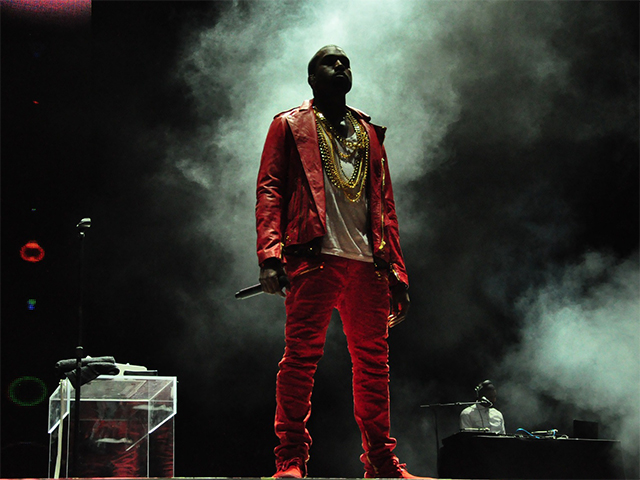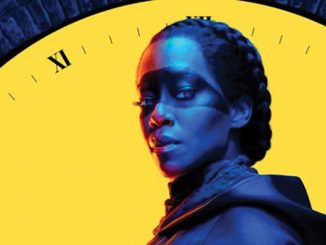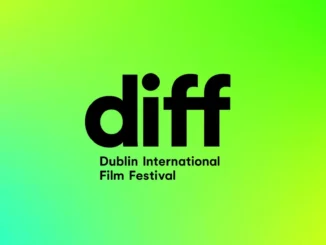
[dropcap]W[/dropcap]ith each generation of festival goers, a particular genre of music will dominate among both headliners and other acts alike, essentially defining the style and image representative of that festival.
In recent years hip-hop has come to the forefront of the festival scene, breaking away from the roots of what would typically have been perceived as the genre of music played at festivals.
Woodstock, the first major festival that discerned our perception of what a festival is today was synonymous with rock and roll. Into the 1970s it defined a generation of free-spirited young people, looking for a place where they could revel in the music that they grew up listening to. As festivals became such a huge part of popular culture during the noughties, the presiding style of music played was Indie, with festivals such as Glastonbury acting as a haven for those looking to hear all of their favourite Indie bands play within a few heavenly days of each other.
Since then, a huge cultural shift has occurred, a rise in hip-hop and critical interest in pop has meant that many music festivals have had to completely rebrand themselves as the demographic of audiences attending these festivals has changed.
Some argue that indie music is dead, as many of the bands’ most prominent in this genre are no longer making music that appeals to the masses.
For the most part it is not a case that indie music is dead but rather shows one of generational divides in music. It is merely a factor of the natural cycle of life, the generation of young people that once attended music festivals, making up the most part of the audiences has since grown up and moved away from the music festival scene.
In their place is a demographic of people that grew up listening to a different style of music dominating popular culture: hip-hop. As indie music went below the radar towards the later part of the noughties and onwards, hip-hop was consolidated as the most widely listened to genre in music festivals.
In 2015 Kanye West headlined Glastonbury festival, setting the tone for what would soon become an onslaught of hip-hop headline acts at mainstream festivals, with his erratic and minimalistic performance demonstrating that theatrics aren’t necessary components of a good performance.
The choice to make West a headline act at Glastonbury caused outrage among a huge portion of the public, with many people displeased at the thought of Glastonbury reforming its image and traditional values.
Since then several festivals have completely rejigged themselves into primarily hip-hop festivals; Longitude being a shining example of this.
In the beginning Longitude attracted a huge audience of Indie-loving fans, with acts such as Ben Howard, Haim, and Hozier headlining before the popularity of Longitude really came into fruition.
This year the festival had a renaissance of sorts, with headline acts such a J-Cole, Travis Scott, Sza, and Solange consolidating the transition of Irish festivals into a primarily hip-hop orientated scene.
Aine O’Boyle
Image Credit: Wikipedia



